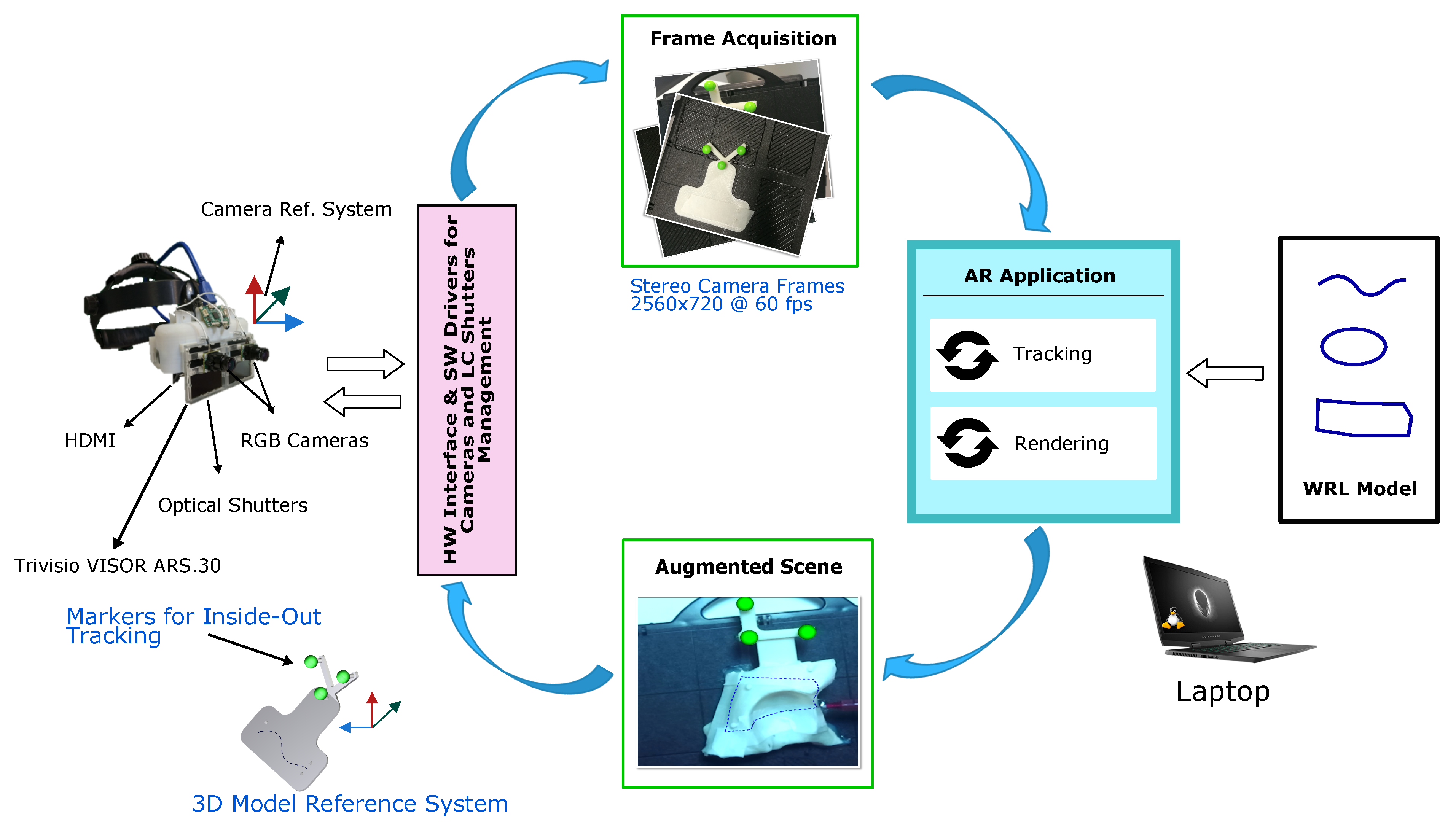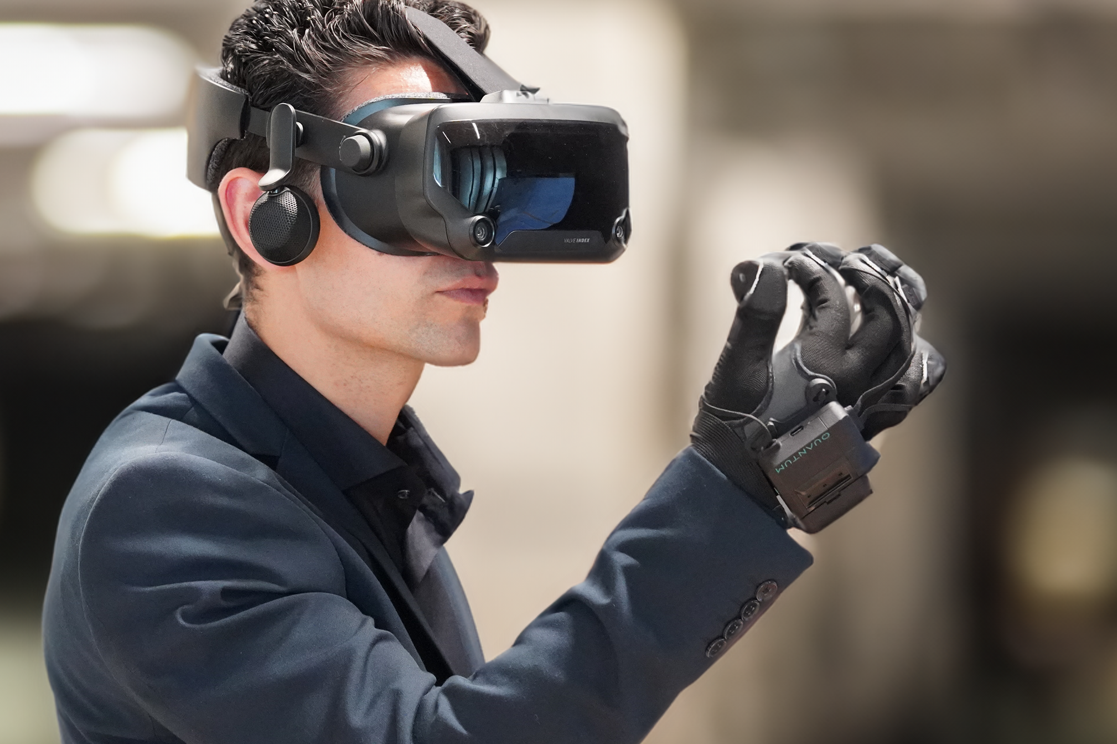Introduction
Quantum physics, often considered the most mind-boggling branch of science, has continually pushed the boundaries of what we thought was possible. While it has already led to groundbreaking advancements in various fields like computing and cryptography, it is now finding its way into the realm of government and governance through quantum sensors.
What Are Quantum Sensors?
Quantum sensors are devices that utilize the principles of quantum mechanics to measure physical properties with unparalleled precision. Unlike classical sensors, which rely on classical physics, quantum sensors leverage the bizarre behavior of particles at the quantum level.
One fundamental concept that quantum sensors exploit is superposition, wherein quantum particles can exist in multiple states simultaneously. Another crucial idea is entanglement, where two or more particles become interconnected in such a way that the state of one instantly affects the state of the others, regardless of the distance separating them.
These properties allow quantum sensors to achieve sensitivity and accuracy levels that were previously unimaginable, making them ideal for a wide range of applications, including those in government and governance.
Quantum Sensors in National Security
National security is a paramount concern for any government. Quantum sensors offer a new frontier in this area by enhancing surveillance, encryption, and threat detection capabilities.
Unbreakable Encryption: Quantum key distribution (QKD) systems, a subset of quantum sensors, enable secure communication by using the principles of quantum entanglement. This technology ensures that any attempt to intercept the communication is immediately detectable, making it nearly impossible for adversaries to eavesdrop on sensitive government communications.
Improved Surveillance: Quantum sensors can be used to develop ultra-sensitive detectors for various signals, including electromagnetic radiation and gravitational waves. This capability can aid in monitoring borders, airspace, and maritime domains more effectively, ensuring the security of a nation’s borders.
Early Warning Systems: Quantum sensors can detect subtle changes in physical properties, such as temperature, pressure, and magnetic fields, with exceptional precision. These capabilities are invaluable for early warning systems that can predict natural disasters like earthquakes and tsunamis, allowing governments to respond swiftly to protect their citizens.
Quantum Sensors in Environmental Monitoring
Governments play a crucial role in preserving the environment and mitigating the effects of climate change. Quantum sensors offer novel ways to monitor and manage the environment.
Climate Monitoring: Quantum sensors can measure greenhouse gas concentrations with unprecedented accuracy, aiding in the monitoring of climate change and the implementation of policies to reduce emissions.
Water Quality: Quantum sensors can be used to detect contaminants and monitor water quality in real-time, ensuring the safety of drinking water sources and aquatic ecosystems.
Resource Management: Quantum sensors can provide precise data on soil conditions, enabling governments to optimize agricultural practices, manage water resources more efficiently, and prevent soil degradation.
Quantum Sensors in Healthcare and Biotechnology
Governments often play a pivotal role in healthcare and biotechnology research. Quantum sensors have the potential to revolutionize these fields as well.
Medical Imaging: Quantum sensors can enhance the resolution and sensitivity of medical imaging devices like MRI and PET scans, leading to earlier disease detection and more effective treatments.
Drug Development: Quantum sensors can assist in studying molecular interactions at the quantum level, accelerating drug discovery processes and enabling the development of more effective medications.
Biological Sensing: Quantum sensors can be used to detect biomarkers with extreme sensitivity, facilitating early diagnosis of diseases and enabling personalized medicine approaches.
Challenges and Ethical Considerations
While quantum sensors hold immense promise, their widespread adoption in government and governance comes with challenges and ethical considerations.
Security Risks: Quantum sensors can be used for both defensive and offensive purposes. Governments must carefully consider how to regulate and control their use to prevent potential misuse.
Privacy Concerns: Quantum sensors’ ability to collect precise data raises concerns about privacy. Governments must implement strict policies and safeguards to protect citizens’ personal information.
Resource Allocation: The development and deployment of quantum sensor technology require substantial resources. Governments need to prioritize their investments and ensure equitable access to these advancements.
Conclusion
Quantum sensors are poised to revolutionize government and governance in numerous ways, from enhancing national security to addressing environmental challenges and advancing healthcare. While their adoption comes with challenges and ethical considerations, their potential benefits are too significant to ignore. As governments continue to explore the applications of quantum sensors, they must strike a balance between innovation and responsibility to harness the full power of this quantum leap in technology.





